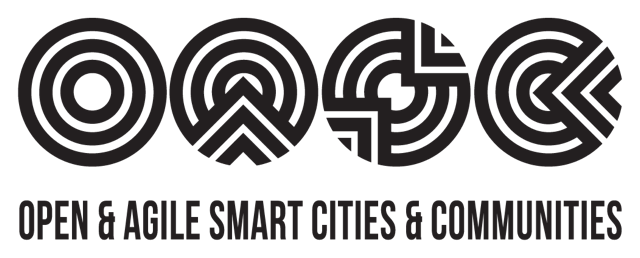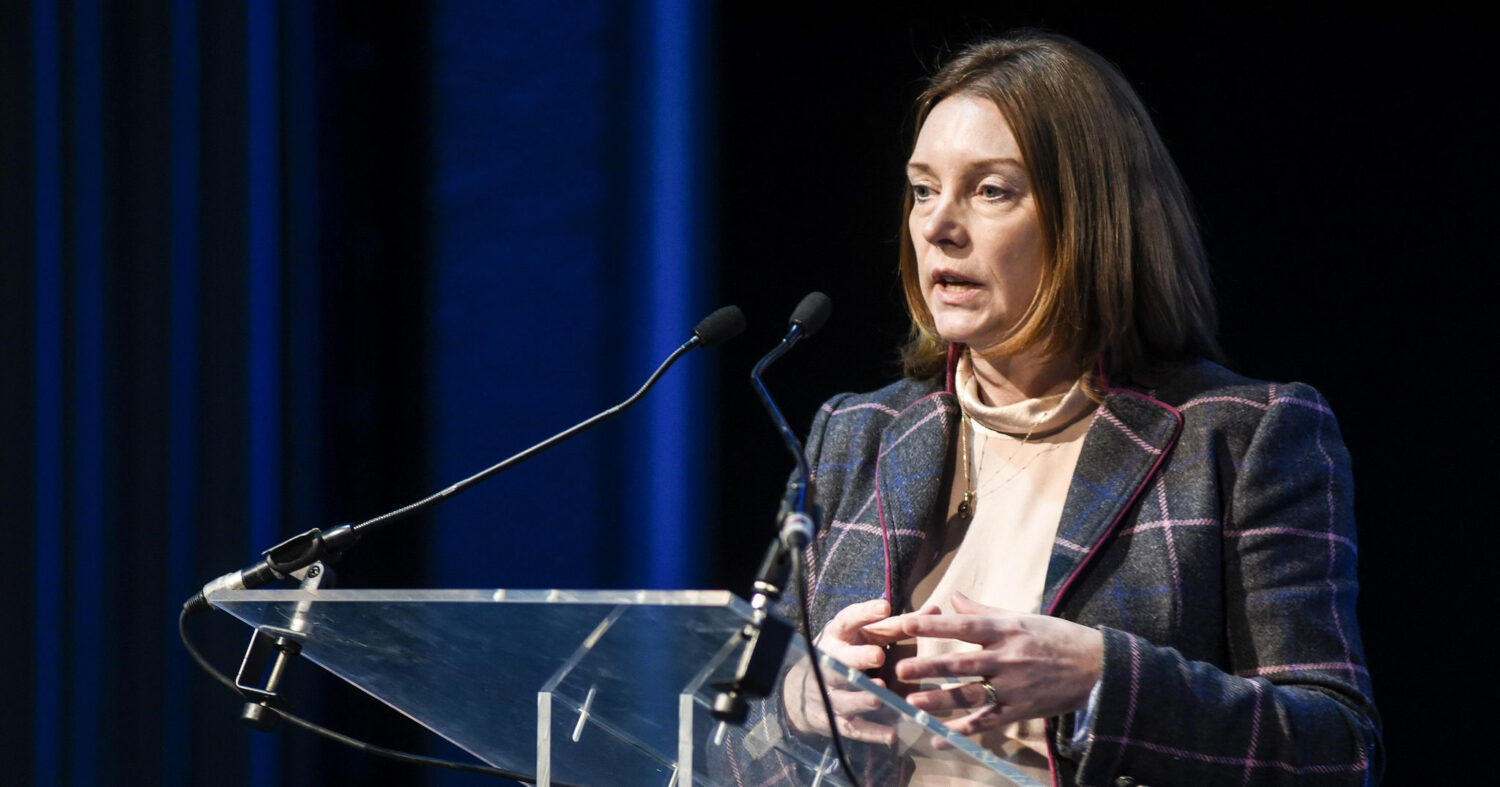According to Joann O’Brien, TM Forum Head of APIs and Ecosystems, the 2019 Connected Smart Cities Conference (CSCC) was “a wonderful place where you bring together the full community of Smart Cities”. The event provided a great opportunity to “baseline our thinking” and work on collaborations for Smart Cities together with major stakeholders such as cities, governments, industry and academia.
When we sat with Joann O’Brien, she shared with us her two key takeaways from this year’s conference: On the one hand, it is important to share success stories of cities who have already implemented data-driven city services. At CSCC, front-runner cities like Porto and Amsterdam pass on valuable knowledge and experience to others, who are just starting to lay the foundation for digital transformations throughout their cities and communities.

On the other hand, Smart Cities have extended to include Smart Communities. O’Brien remarks that a great number of representatives of the agricultural community were present at CSCC19 recognising that a lot of the challenges and themes that urban areas face are also present in rural areas.
Open APIs: Data Flowing Seamlessly
TM Forum has been focusing on enabling interoperability, in particular through the use and implementation of Open APIs. Open APIs support the creation of essential minimal interoperability of digital and data-driven platforms and services.
“That reinforcement of that notion of minimal essential interoperability has been a very strong theme of today and that fits directly and exactly with what we do at TM Forum, so it is a very enjoyable event.”
In the framework of the Front-Runner Smart Cities Program, which is supported by OASC, TM Forum has joined forces with the FIWARE Foundation. The Front-Runner Smart Cities Program, a collaboration with FIWARE, aims to find out how to apply APIs to any type of service across platforms. O’Brien states that TM Forum and FIWARE have put years of work to practice on this initiative. The next phase of the program Is the harmonisation of data models and essential aspects of a reference architecture to support Smart Cities.
“…It’s this essentially utopian thing to aim for of seamless flowing of data, seamless moving of services across different types of boundaries…”
O’Brien believes that once those boundaries are broken this will enable artificial intelligence and machine learning to be applied across different types of services. In short, “harmony” is the theme for the Front-Runner Program’s next phase as it seeks to harmonise data models in support of Smart Cities.
Join us next Tuesday when we talk to ITU Chief of Operations and Planning Department Alexander Ntoko to find out how ITU standards support young entrepreneurs across the globe.
The CSCC19 interview series
Have a look at our interview series with leading smart city and IoT experts :
- Ulrich Ahle, CEO, FIWARE Foundation : FIWARE: ShAPIng Smart Cities
- Filipe Araújo, Vice-Mayor, Porto : Porto’s vision of a new digital world
- Christophe Colinet, Smart City Manager, Bordeaux: Bordeaux: A Smart City Starts with an Open Mindset

